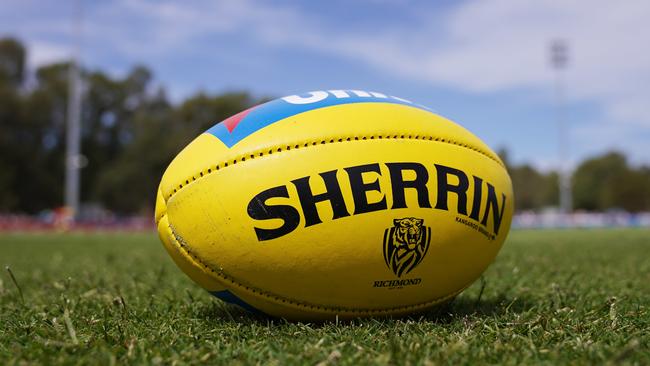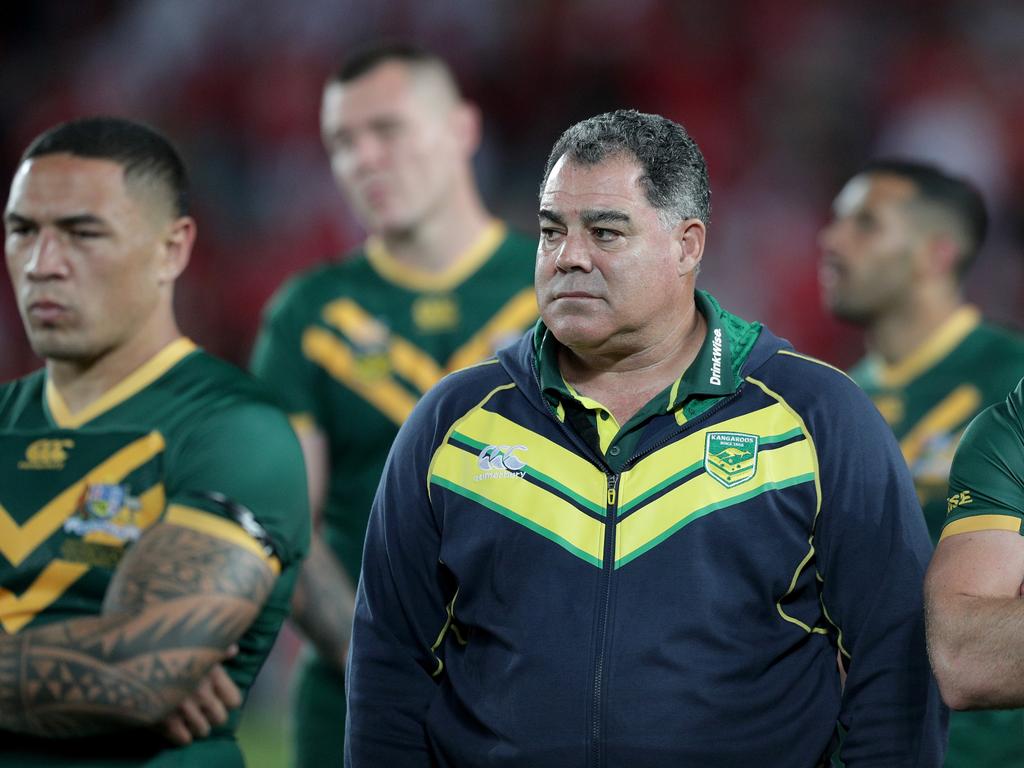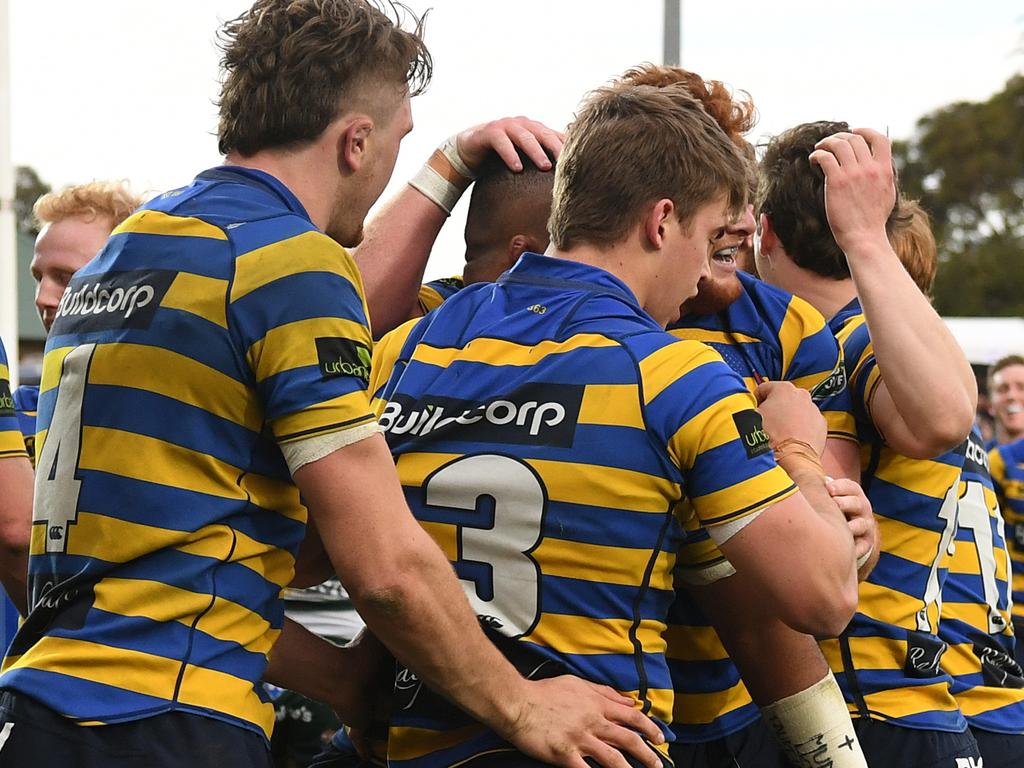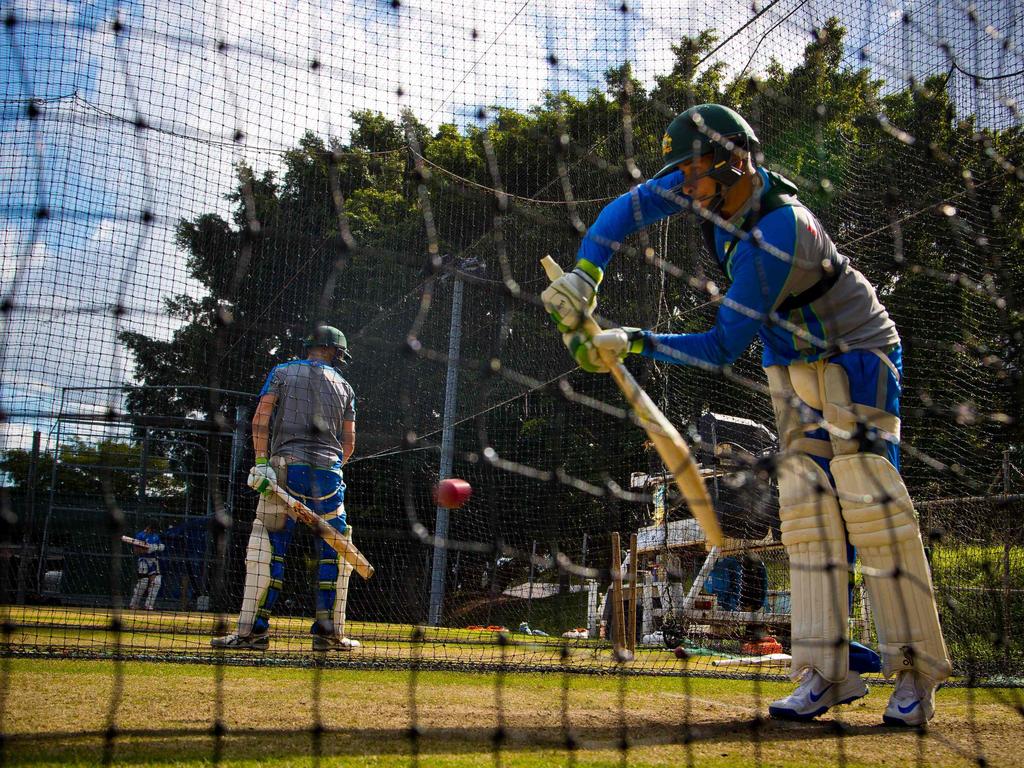Coronavirus: Football faces a $700m wipeout
Football codes will lose $200m in revenue and have $500m at risk if gates remain closed for six months or competitions are cancelled

Major football codes will lose at least $200m in revenue and have as much as another $500m at risk this year if gates remain closed for six months, or if competitions are cancelled due to the coronavirus.
The $200m figure is the income the AFL, NRL, Football Federation Australia and Rugby Australia made from gate receipts and corporate hospitality in 2019, and all codes had hopes to at least equal or even exceed last year’s crowd figures had the 2020 seasons gone ahead under normal circumstances.
The NRL would be staring at a $50m revenue hole without crowds at State of Origin, Tests and finals series this year alone, based on figures from its 2019 financial report, while the AFL would also lose big chunks of income from finals games with no crowds. FFA and RA derived about $15m combined from tickets to Test matches and internationals last year, a figure also at risk.
There is at least another $200m of membership income and $300m that sponsors shell out annually to partner with football teams, though football executives and sponsorship experts played down the prospect of a mass walkout of fans and corporate supporters.
“We’ve spoken to all of our sponsors and every single one of them — all of them — have come back to us and said we’ve got their support. And I don’t think we will be alone in that regard,” GWS Giants president Tony Shepherd told The Australian.
Shepherd pointed out that if games went ahead then sponsors would still at least get exposure of their brands via television coverage, the ratings for which would likely increase given the public will be unable to leave their homes for large gatherings.
Andrew Condon, director of sports consultancy Gemba, which brokers sponsorship deals, said conversations about what to do about deals were already taking place in corporations. “You’ll find that companies are talking about this with the best of intentions at the moment and I think that in the case of blue-chip brands that have been partners with the (sports) for quite some time will be finding ways to stick with them for the time being at least.”
Condon said that given some companies will be unable to derive at much value from the sponsorship deals as in usual circumstances, it could open the way for existing deals to be extended on similar financial terms to extract value in the future.
“What I think you’ll find is sensible discussions will take place about whether there could be extensions that happen for existing contracts that are mutually beneficial to both parties.”
But with many sports leagues shut down or heavily disrupted, there exists opportunities for some sponsors to exit deals under “force majeure” clauses inserted in most contracts.
Some sports will also find it difficult to sell sponsorship deals currently on the market. Among those seeking big deals in recent weeks are the AFL, which has been seeking a new goalsquare sponsor, the NRL for the State of Origin with Holden in the last year of its deal, Cricket Australia needing a new naming right’s partner for the men’s national team, while the A-League could lose major partner Hyundai.
Meanwhile, Carlton chief executive Cam Liddle told SEN Radio in Melbourne on Wednesday that Carlton, which has already exceeded its 2020 targets after signing 64,269 members last year, had 50 fans call to sign up for memberships — a vital source of revenue — on Tuesday alone.
“We’d already hit our membership record for this year, so there would be an argument that we have already met a whole heap of demand. (But) we had 50 people ring the club yesterday and say they want to support the club and get on board. From a membership perspective … the important point to make, and this might make us different to other sports, is that we are not privately owned,” Liddle said.








To join the conversation, please log in. Don't have an account? Register
Join the conversation, you are commenting as Logout